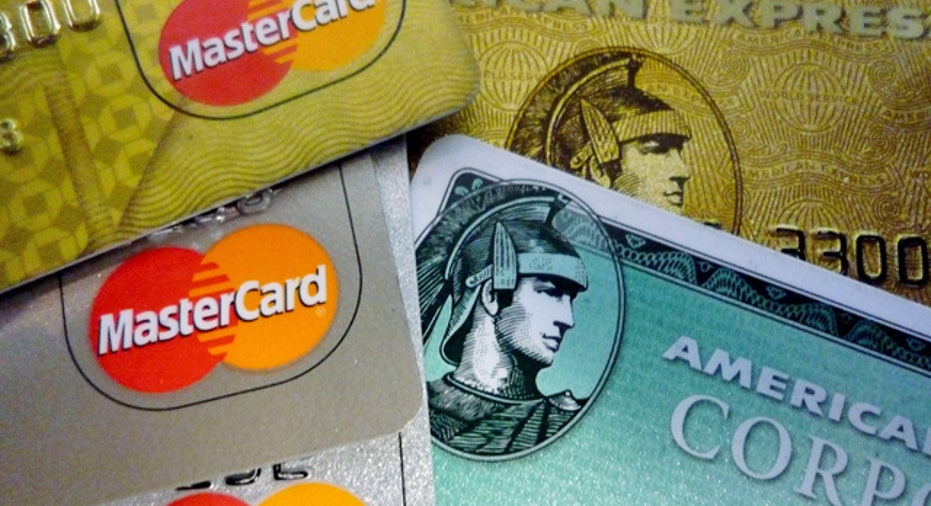The Card Reality: Credit Downgrade Will Cost You

With only six days left until the countrys debt deadline is reached, Americans need to face the harsh reality that, while the government will very likely reach some kind of compromise, its just as likely the nations credit rating is going to be cut.
With the Boehner plan being debated in the House Thursday -- and both Democrats and Republicans digging in their heels -- it is still unclear how the battle will unfold over the next week or so. But according to most experts, Standard & Poors and/or Moodys will be lowering their rating regardless of the outcome, which means climbing interest rates and more difficulty securing loans -- not to mention a very volatile stock market.
One immediate effect of a ratings downgrade will be higher interest on cards with variable rates, according to Lynette Khalfani-Cox, money coach and personal finance expert. Most Americans have cards with these fluctuating rates, as many banks have switched from fixed-rate cards to variable rate cards under the CARD Act of 2009. The average APR for a variable rate card today is at 14%, Khalfani Cox said.
"Anything new that you purchase from the point of the hike on will be impacted," she said. "The existing balance you have would not be. But think about it logically how many Americans out there are carrying a balance, will they stop using those cards completely, cold turkey?"
The odds of Americans actually curbing their credit use are slim, she said.
"If they have an existing balance, it means they are still using and consuming credit. If they do get a rate increase, it will impact their future spending," Khalfani Cox said. "Americans' love affair with plastic is far from over. People will not stop using credit cards."
If Moody's and S&P do follow through on their threats of downgrading the countrys credit rating, more than just credit card debt will be impacted, Khalfani Cox said.
"Auto loans, student loans, mortgages, credit cards, all of these could have potentially higher interest rates if congress can't reach a deal or raise the debt ceiling," she said. "It's potentially quite dire for an economy that's still struggling and a public that's barely keeping its head above water."
Here are some of Khalfani Cox and Credit.com's Beverly Harzog's tips for softening the blow of a potential rate increase.
No. 1: Be judicious when borrowing. If you can't avoid borrowing and interest rates do increase, Khalfani Cox said that its important to keep in mind that any purchase or loan will cost you more in the future. Also consider what you are spending credit on, and be sure its worth the ramifications. "Think twice about spending," she said. "There are literally two sides to the equation when it comes to credit. You can function as a borrower or a lender. Do you want to collect interest or pay interest for life?"
No. 2: Read your mail. Harzog said credit card companies are often easily spooked, and may likely raise the interest rates on card holders who have been with the company for more than one year, according to the CARD act. "Read everything that is coming in now, even if the U.S. doesn't default," she said. "This has shaken (card companies) up enough that you don't know what your card will do. I would really be careful about what your bank is changing in your term."
No. 3: Shore up your finances. Khalfani Cox said the fact is that everyone in the country suffers from increased rates on loans and a potential U.S. debt downgrade. "This has a crippling impact on state and local government," she said. "If you work for or rely on any entity that has government funding, you should be especially concerned right now. Start thinking about having a side fund, or diversify your income stream."
No. 4: Pay your bills on time. If you can't stop from using credit, Harzog said the least you can do is pay your bills when they are due. "This keeps your (credit) score on an even keel, and may even raise it up over the next year," she said.



















